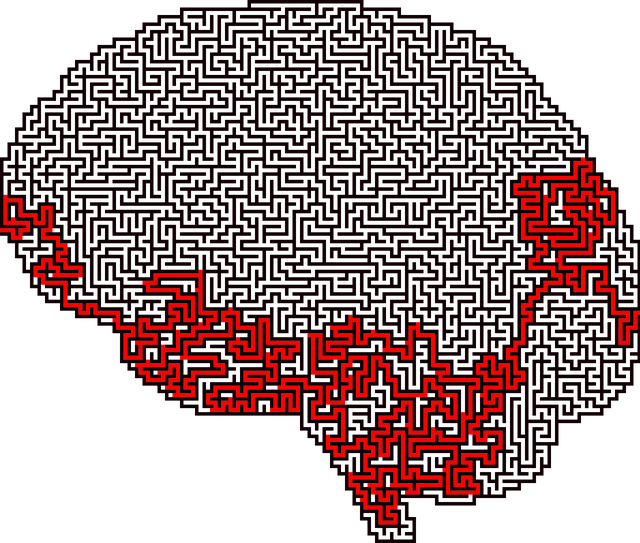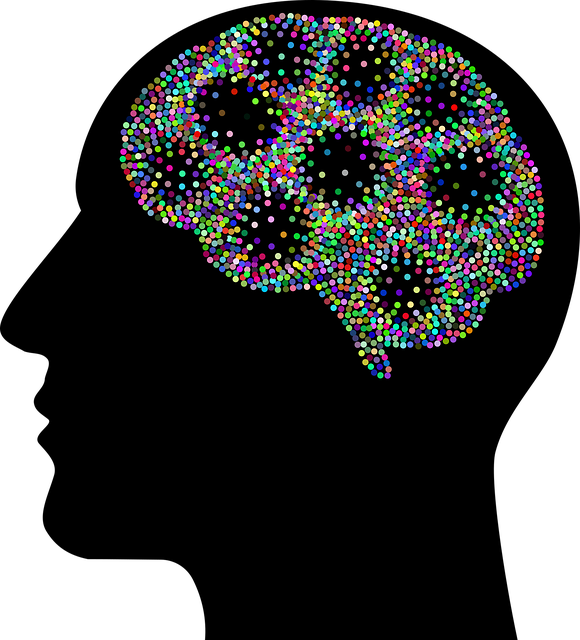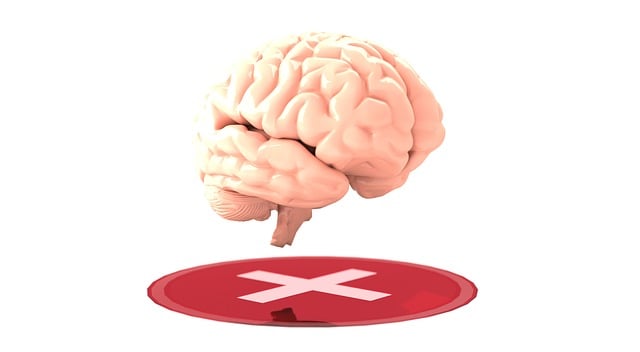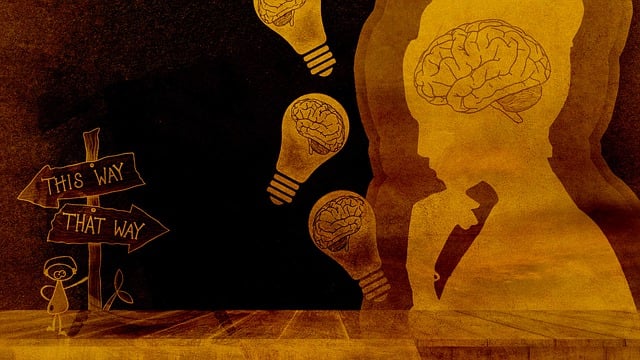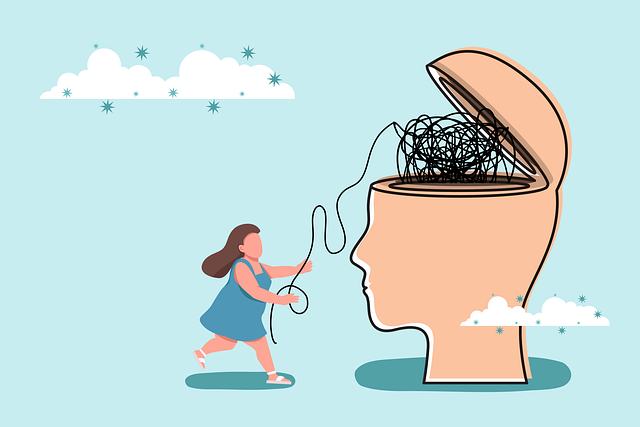TL;DR:
RFM (Recovery, Resilience, Mindfulness) therapy empowers adults who have experienced domestic violence by focusing on long-term resilience building. Integrating mindfulness exercises, compassion cultivation, and emotional well-being promotion, therapists guide clients towards healing and self-empowerment. Resilience-building practices help confront trauma, develop effective coping mechanisms, and enhance overall well-being. Tailored interventions, culturally sensitive approaches, and mood management techniques contribute to significant long-term benefits, fostering mental health recovery and breaking abusive patterns. Evidence-based RFM principles should be incorporated into future DV therapy, influencing policy and advocating for accessible, effective interventions.
“Resilience is a powerful tool in the fight against domestic violence, and RFM (Resourceful Family Management) offers a unique approach to therapy. This article explores the significance of RFM in supporting adult survivors of domestic violence, delving into its impact on building resilience. We examine effective implementation strategies for therapists, highlighting practical techniques. Additionally, we discuss the long-term benefits and potential future developments in this transformative therapy for adults affected by domestic violence.”
- Understanding RFM and Its Relevance in Domestic Violence Therapy
- The Impact of Resilience Building Exercises on Adult Survivors
- Practical Implementation Strategies for Effective RFM Interventions
- Long-term Benefits and Future Directions in RFM and DV Therapy
Understanding RFM and Its Relevance in Domestic Violence Therapy

Understanding RFM (Recovery, Resilience, and Mindfulness) is essential in the context of therapy for adults experiencing domestic violence. This therapeutic framework goes beyond addressing the immediate symptoms and trauma by focusing on long-term resilience building. In the realm of domestic violence therapy, fostering resilience is a game-changer; it equips individuals with coping mechanisms to navigate challenging situations and promote emotional well-being. By integrating RFM principles, therapists can guide clients towards healing and self-empowerment.
The RFM model incorporates compassion cultivation practices, encouraging individuals to develop empathy and kindness towards themselves and others. This fosters positive thinking and reframing of negative experiences, which is crucial in healing from trauma. Through mindfulness exercises and emotional well-being promotion techniques, survivors can learn to manage their responses to triggering events, enhancing their overall resilience. Such approaches ensure that therapy extends beyond the therapeutic setting, empowering individuals to build a more robust support system and adapt to life’s challenges with greater equanimity.
The Impact of Resilience Building Exercises on Adult Survivors

For adult survivors of domestic violence, resilience-building exercises offer a powerful tool for healing and personal growth. These practices, often incorporated into therapy sessions, aim to empower individuals to confront their traumatic experiences and develop coping mechanisms that enhance their overall well-being. Through compassionate cultivation techniques, such as mindfulness and emotional awareness training, survivors can cultivate a sense of safety and inner strength. This, in turn, enables them to navigate the challenges they face with greater resilience and adaptability.
Community outreach program implementation plays a crucial role in reaching these individuals who may be hesitant to seek help. By integrating resilience-building exercises into support groups or counseling services, survivors can engage in emotional healing processes alongside their peers. This collective approach fosters a sense of belonging and understanding while providing a safe space for participants to share their experiences and learn from one another. Such initiatives contribute significantly to the long-term mental health and recovery of adult victims of domestic violence.
Practical Implementation Strategies for Effective RFM Interventions

Implementing effective RFM (Resilience, Flexibility, and Mastery) interventions requires a strategic approach tailored to individual needs. One key strategy is incorporating self-awareness exercises into therapy for adults who have experienced domestic violence. Encouraging clients to reflect on their emotions, thoughts, and behaviors allows them to develop a deeper understanding of their triggers and coping mechanisms. This fosters personal growth and empowers individuals to navigate challenging situations with enhanced resilience.
Cultural sensitivity in mental healthcare practice is another crucial aspect. Therapists should be mindful of the diverse backgrounds and experiences of their clients. By adapting interventions to respect cultural contexts, professionals can ensure that therapy for adults affected by domestic violence is both effective and accessible. Mood management techniques, such as cognitive-behavioral strategies, can be tailored to address specific cultural needs, promoting better engagement and outcomes in treatment.
Long-term Benefits and Future Directions in RFM and DV Therapy

The implementation of RFM (Resilience, Flexibility, and Mastery) and resilience-building exercises in therapy for adults experiencing domestic violence offers substantial long-term benefits. These practices equip individuals with adaptive coping strategies, enhancing their ability to navigate challenging situations and fostering overall mental health recovery. By focusing on building emotional intelligence and mood management skills, RFM therapy empowers survivors to break free from abusive patterns and promote healthy relationships.
Looking ahead, the future of DV (Domestic Violence) therapy lies in integrating these innovative approaches into standard care protocols. Continuous research and professional development in this field can lead to evidence-based practices that inform mental health policy analysis and advocacy. This, in turn, ensures that effective interventions become more accessible, benefiting a larger population affected by domestic violence, and ultimately contributing to positive changes in victims’ lives and societal well-being.
Resilience, as a cornerstone of therapy for adults who have experienced domestic violence (DV), holds immense potential. By implementing Resilience-focused (RFM) exercises that are tailored and accessible, therapists can empower survivors to overcome adversity. The practical strategies outlined in this article offer a roadmap for effective RFM interventions, fostering long-term benefits such as improved coping mechanisms, enhanced self-esteem, and increased resilience. As research in this field continues to evolve, further exploration of RFM’s role in DV therapy promises transformative outcomes for survivors, offering them the tools to rebuild their lives and break free from cycles of violence.


